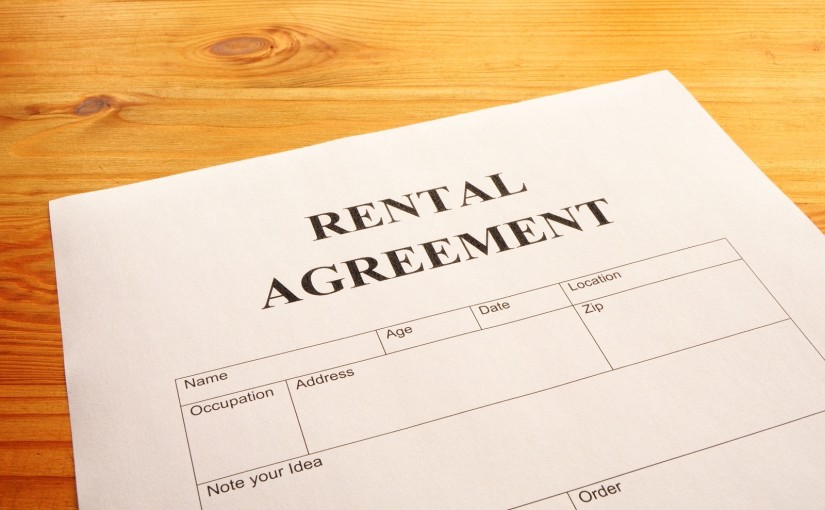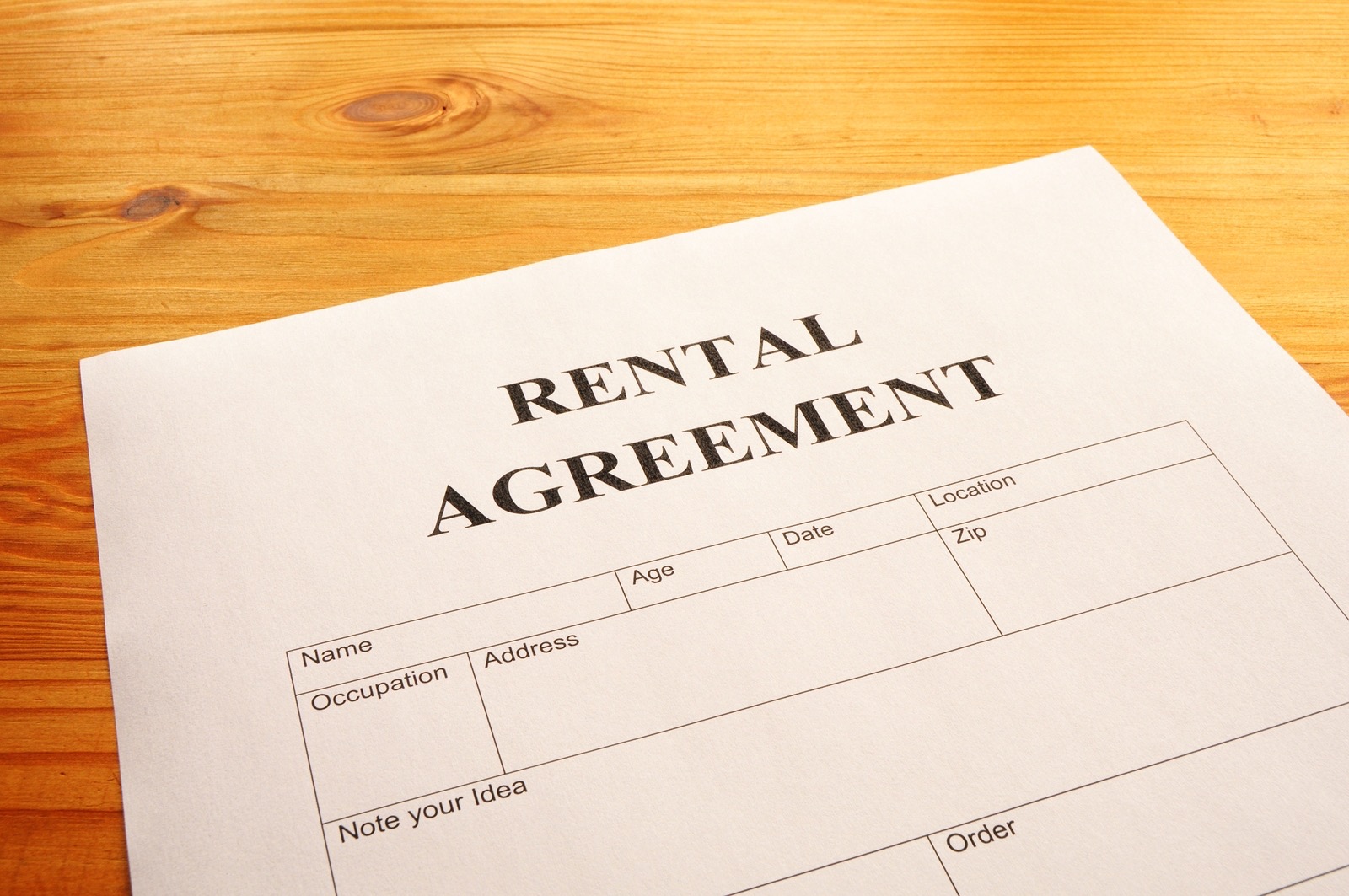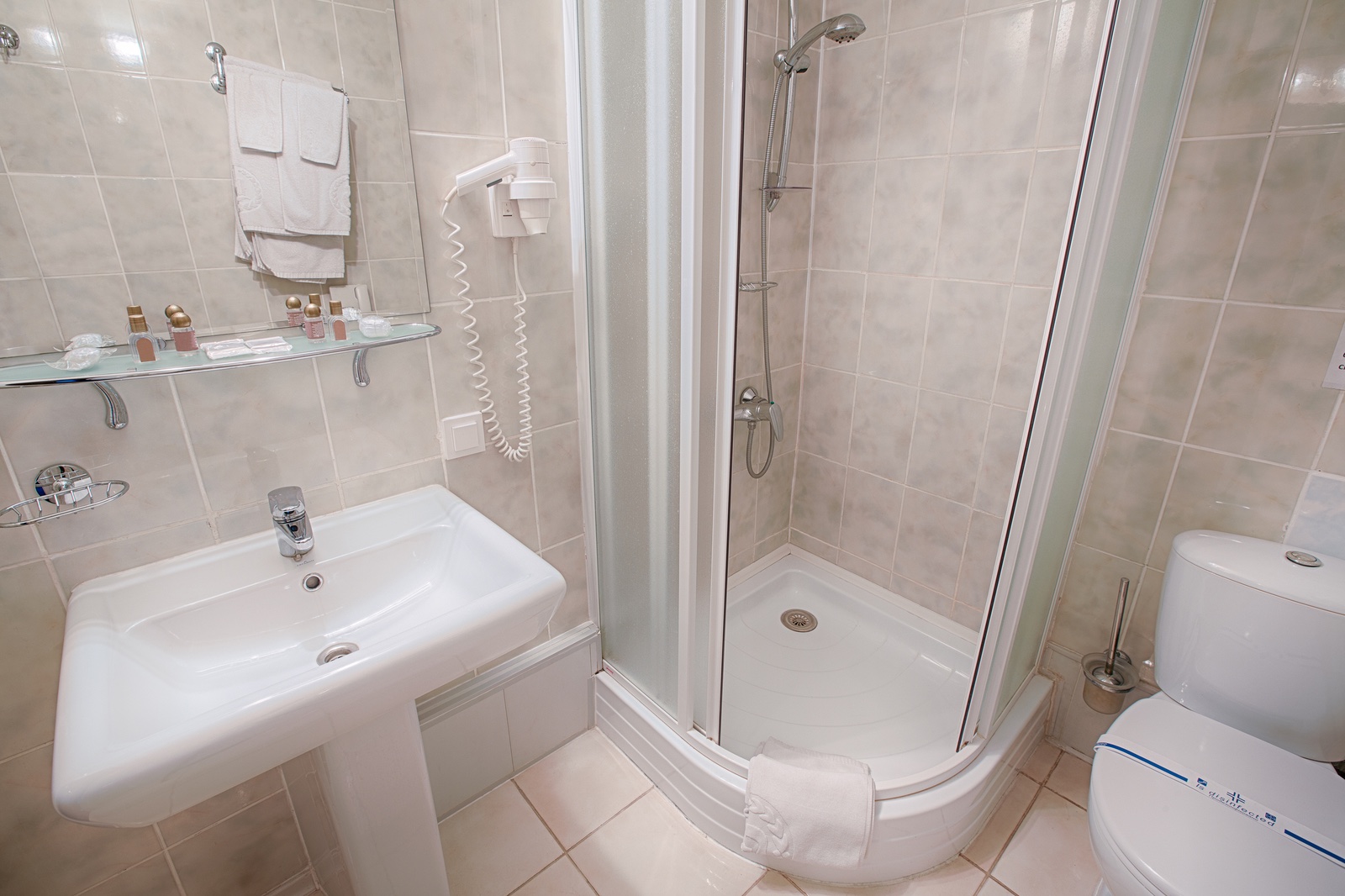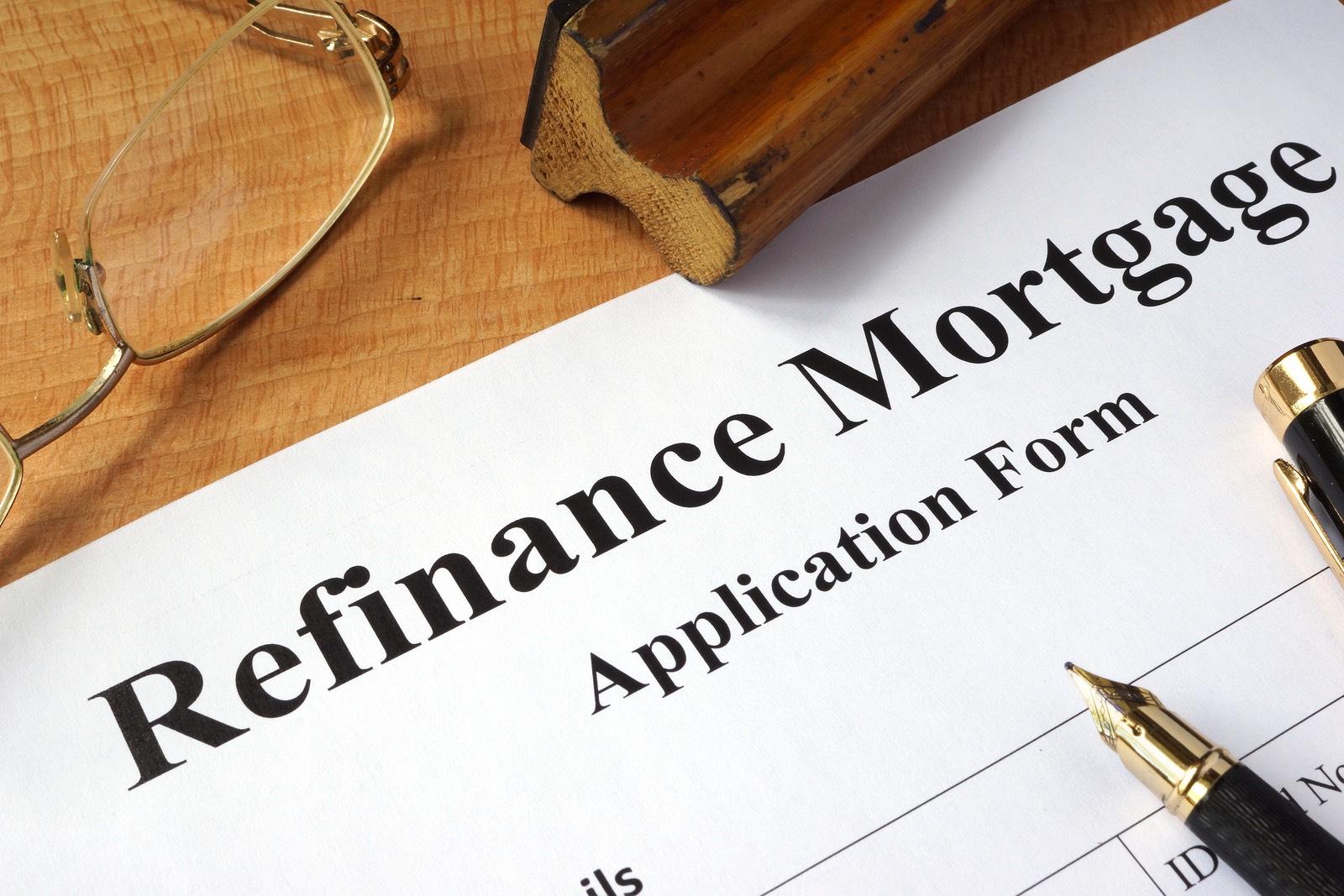When it comes to its value, both financially and sentimentally, a home is really in a league of its own. Regardless of size and amenities, a place to live will always carry importance and the process of selling or buying is not to be taken lightly. Instead of starting with no gameplan, make sure to employ the services of a real estate agent to guide you through the process.
It would certainly be ideal to be able to plan a sale beforehand and to give yourself enough time to figure out every detail. Unfortunately, many transactions happen out of need and are caused by an important event in the life of a family, like bringing a child into the world, marriage or in some cases, the death of a family member.
Even without the luxury of premeditating your every move, here are a few pointers in case you want to sell your home:
Make Sure You Really Want To Sell
As stated above, selling a home is a big step. Before starting the process you’ll want to make sure that this is really what you want and that it will have the desired effect for you. Think ahead and plan accordingly. Did you settle on a new home already or at least made sure you have narrowed down your choices? If not, take a step back and think it over.
Without a clear notion of what you want, you might be tempted to just test the waters. That usually involves over-evaluating your home and placing it on the market with a much higher price than it should have. This is something no real estate agent would ever recommend. Since living spaces are expensive, buyers will, much more often than not, be informed and have at least a ballpark idea of how much your home is really worth.
There’s little room for trial and error in real estate, and that’s because you’ll carry your history with you. Even if you later drop the price for your home, the listings will show the previous entries and potential buyers will interpret the change badly, either by assuming there is something wrong with the property or by thinking that the seller is not being straight-forward with them.
Plan Ahead & Know The Market
Some changes sneak their way into your life and compel you to take action, but others give you enough time to prepare. The addition of a new family member or a change in the place of employment are such fortunate cases that allow you to do your research and make the most out of the sale.
Don’t just throw your home out there the moment you realize you’ll have to sell, not unless you have to. There’s always something to be done around the house to increase that property’s value and net you more money once you do sell, from a new coat of paint to replacing bathroom tiles to the shingles on the roof.
A real estate agent can come to your aid in regards to watching the market, see what the competition is up to and when is the ideal time for you to place the home on the market. Keeping an eye on other sellers can also give you a good idea on just how many buyers are out and about looking for a new place to live.
Remember That The Demand Is Always There
While you may dread the idea of moving in the winter, especially if you live in areas with a harsh climate, selling your home then could be more profitable. That’s because the number of buyers does not drop drastically, however there aren’t nearly as many sellers. If able, try to assess the situation and the market as bet as possible. Professional help really comes in handy here. And most importantly, don’t sell in a hurry.
In real estate, slow and steady wins the game. If you rush the sale and don’t get your property in decent enough shape, you will miss an opportunity of getting more money from it.
If you let feelings get a hold of you and dictate the price, you’ll not only miss the chance to sell, but also have that mistake follow you for the future, possible transaction. Be patient and cerebral, make a plan and stick to it, the desired result will be just around the corner.

















